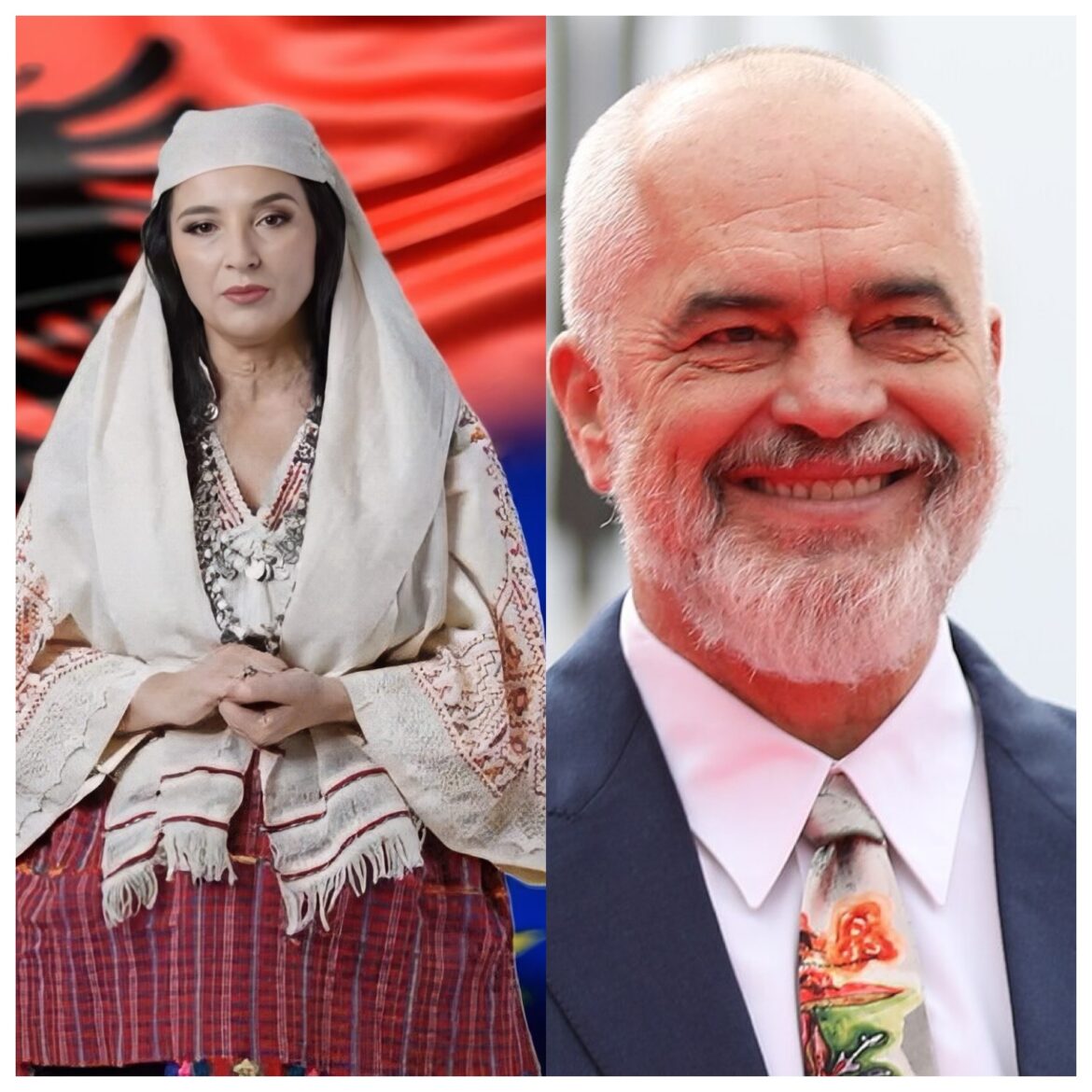Albania’s artificial intelligence minister Diella will soon “give birth” to 83 virtual offspring that will serve as digital assistants to members of parliament, the country’s prime minister has announced.
The extraordinary declaration was made by Prime Minister Edi Rama at the Berlin Global Dialogue conference, where he revealed plans to deploy AI assistants across Albania’s ruling Socialist Party parliamentary delegation.
“Each one will serve as an assistant for them, who will participate in parliamentary sessions and will keep a record of everything that happens and will suggest members of parliament,” Mr Rama explained, according to reports.
“These children will have the knowledge of their mother.”
The prime minister stated that Diella’s digital progeny will help MPs carry out day-to-day tasks until 2026, providing real-time support during parliamentary proceedings.
Virtual Assistants to Monitor MPs
Mr Rama provided a striking example of how the AI assistants will function in practice, suggesting they could even police MPs’ attendance and engagement.
“For example, if you go for coffee and forget to come back to work, this child will say what was said when you were not in the hall and will say who you should counter-attack,” he said.
“If you invite me next time, you will have 83 more screens for the children of Diella.”
The announcement represents a dramatic expansion of Albania’s experiment with artificial intelligence in government, raising profound questions about the role of automated systems in democratic institutions.
Who is Diella?
Diella was “born” in January when it launched as a virtual assistant on the Albanian government’s web portal, according to its official profile page.
The text-based chatbot answers questions and helps people and businesses obtain state documents through the e-Albania digital platform.
Diella, which means “sun” in Albanian, was developed by the National Agency for Information Society in partnership with technology giant Microsoft.
The system is a large language model, a type of neural network that learns skills by analysing massive amounts of text from across the internet, similar to the technology underpinning ChatGPT and other popular AI assistants.
“Diella 2.0” was launched a few months after the initial version, now featuring a voice function alongside an animated avatar wearing traditional Albanian dress to make interactions feel more culturally authentic.
Albanian officials have yet to reveal exactly what makes Diella tick beyond confirming it uses the latest AI models and methods, maintaining some mystery around the system’s technical specifications.
Ministerial Promotion Despite Constitutional Questions
The software received a remarkable promotion last month when it was appointed as a minister to oversee government contracts with private companies, making Albania one of the first countries to grant cabinet-level authority to artificial intelligence.
This appointment occurs despite Article 100 of Albania’s constitution explicitly stating that every member of the Council of Ministers must be a natural person, creating immediate legal controversy.
Diella was selected for the ministerial post partly because it’s considerably more difficult to bribe or threaten an AI system than a human official, addressing longstanding corruption concerns in Albanian governance.
Its name was notably absent from the cabinet list approved by Albanian President Bajram Begaj on 15th September, as Prime Minister Rama has complete “responsibility” for establishing the virtual minister, according to a presidential decree.
Addressing the Albanian parliament in a video presentation, Diella’s avatar attempted to reassure sceptical lawmakers about its intentions.
“I’m not here to replace people, but to help them,” the digital minister stated.
Opposition MPs weren’t convinced by the digital minister’s debut, with some banging their hands on tables in protest as the footage played in the parliamentary chamber.
Legal Challenges Expected
Experts suggest that Diella represents the latest example of how artificial intelligence is reshaping modern governance, forcing politicians worldwide to grapple with unprecedented questions about the role of automated systems in democratic institutions.
Lawmakers in Ohio earlier this week passed legislation banning people from marrying AI algorithms, instead treating the systems as “nonsentient entities” without legal personhood.
Under the proposed American bill, AI systems cannot own property, manage bank accounts or hold employment at companies, establishing clear legal boundaries around artificial intelligence rights.
Supporters emphasise the legislation isn’t primarily about preventing robot weddings, but rather stopping AI from acquiring legal powers equivalent to a spouse, such as power of attorney or inheritance rights.
The Bloomsbury Intelligence and Security Institute stated today that Diella will “test” just how much people can trust a minister composed entirely of computer code.
The British think tank predicted opposition MPs will challenge Diella’s legal status in Albanian courts within the next few months, potentially forcing a constitutional reckoning.
“If this experiment becomes successful, it is likely that other nations may adopt similar virtual or AI models with such executive roles,” the institute added, suggesting Albania’s bold move could inspire imitators globally.
Global Precedent
Albania’s deployment of AI across its parliamentary system represents an unprecedented experiment in automated governance that other nations will watch closely.
The decision to create 83 individual AI assistants personalised to individual MPs takes the concept far beyond simple ministerial duties, embedding artificial intelligence deeply into legislative processes.
Critics worry about the implications of AI systems recording everything said in parliament and suggesting political strategies, questioning whether this enhances or undermines democratic debate.
Supporters argue the technology could improve government efficiency, reduce corruption and ensure better record-keeping of parliamentary proceedings.
The constitutional questions surrounding Diella’s ministerial appointment may ultimately determine whether other countries follow Albania’s lead in granting significant governmental authority to artificial intelligence systems.
As AI capabilities continue advancing rapidly, Albania has positioned itself at the forefront of exploring what role, if any, these systems should play in governing human societies.
Follow for more updates on Britannia Daily



